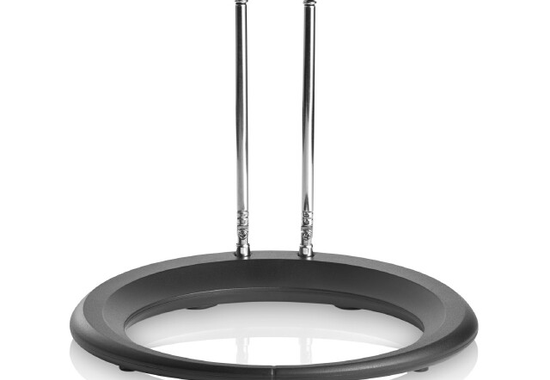Author|Michael Teicher
Source: www.mediavillage.com, April 2022
The emergence of Netflix, Prime Video, Peacock, Hulu and all the Plus subscription video on demand (SVOD) services has resulted in a fundamental shift in the way consumers think about accessing TV content. Viewers can now piece together their own packages a la carte and dictate what is interesting to them and affordable for them. This is a mindset The E.W. Scripps Company calls “self-bundling.” It’s a world in which every consumer can choose the specific content they want while maintaining the flexibility to opt in and out at will.
For advertisers, self-bundling presents a conundrum. Most national TV ad dollars are directed to cable networks, but they are reaching fewer viewers than in the past. Moreover, even for subscribers, a big chunk of viewing time has been diverted to ad-free streaming services.
Another aspect of self-bundling is only now becoming apparent. Viewers aren’t rejecting live linear TV entirely. In fact, they are discovering an alternative. For as little as $20, they can purchase a digital antenna (like the one pictured at top) and receive news, sports, movies, dramas, comedies, vintage series, how-to programming — a similar mix of content traditionally provided by cable and satellite, and all for free.
According to the Consumer Technology Association, more than eight million antennas are sold annually in the U.S. These sales have pushed antenna ownership up to about 40 million homes. Industry forecasts suggest it is poised to surpass 50 million by 2025.
Antenna owners are often surprised by how many channels they can receive over the air (OTA). It’s not just the major broadcast networks; an antenna also delivers a growing number of multicast networks, a.k.a. diginets, all over the air for free. Scripps alone offers eight multicast networks that are among the most watched in the country. According to Nielsen, multicast viewing is up nearly 70% the past five years.
Antennas are an ideal complement to SVOD services for consumers who are piecing together their custom bundles. They keep the cost down while providing more viewing options. Antenna owners pay less than half as much for their overall bundle than cable subscribers. And this is the kicker: Antenna owners are more satisfied with their suite of services than cable subscribers.
Advertisers need to take note. Almost by definition, over-the-air television reaches consumers who don’t have cable or satellite. OTA networks often cater to key audiences, including African Americans (Bounce), drama lovers (ION), news junkies (Newsy), western fans (Grit) and comedy lovers (Laff), to name just a few.
Antenna ownership is projected to continue its growth trajectory in the coming years. New technology like “smart antennas” and ATSC 3.0 (NextGen TV) will provide over-the-air viewers better picture quality, improved sound, on-demand viewing, on-screen guides, greater portability and many other benefits.
It’s also worth noting that over-the-air broadcasting is just one component of the free TV revolution. Ad-supported video on demand (AVOD) and free ad-supported streaming television (FAST) services are additional components. By all indications, free streaming is one of the fastest-growing components of the TV landscape. Most consumers now have access to several FAST platforms, including Pluto, Tubi and Samsung TV+. As 2022 unfolds, most of the Scripps Network brands will be available on FAST services.
Savvy marketers are using cross-platform ad buys to reach viewers of all ages online and offline. And it has become crystal clear that free TV has a bright future in both domains. To our valued advertising partners and those ready to jump in, Scripps is here to help you reach the elusive consumer.
Click the social buttons to share this story with colleagues and friends.
The opinions expressed here are the author’s views and do not necessarily represent the views of MediaVillage.com/MyersBizNet.

